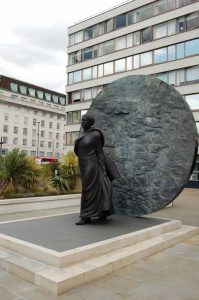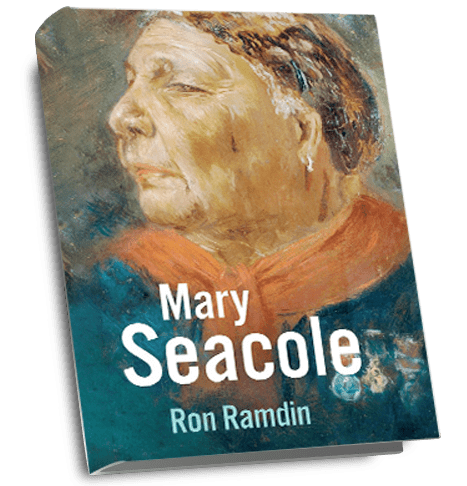
Trustees of the first statue of a named black woman in the UK are today, on the third annual Windrush Day, calling for a national “black plaque scheme”.
Amid conversations about what should be done with statues of slave traders and others involved in abhorrent activity, the Mary Seacole Trust has written to the Prime Minister and the London Mayor with their proposal.

The Trust, which exists to educate the public about the life of Mary Seacole the Jamaican-born nurse who overcame racism and nursed soldiers during the Crimean War, believes there is a desperate need to improve the public’s understanding of black history. Black plaques would serve to do this, acting as an educational tool.
To launch the scheme, the Mary Seacole Trust would like the London Mayor and the government to issue guidance to all local authorities, requesting them to set up a community board to review the statues in their area and allowing decisions on wording to be made by members of the black community.
Trevor Sterling, Chair of the Mary Seacole Trust, said:
“Windrush day has a huge significance for me, my family and countless other black people in the UK. Since the Empire Windrush docked at Tilbury in 1948, we have been contributing to our communities in Britain, and yet like Mary Seacole, our contributions are not fully recognised.
“There is still so much to do to level the playing field for people of colour in the UK, as seen most recently in the disproportionate number of BAME coronavirus deaths.
“Education about black British history must be central to all policy changes. If we are to truly address racism in the UK, we must first educate British citizens. Today, we are calling on the London Mayor and the Prime Minister to launch a “black plaque scheme” for all British statues to ensure education and history stand side-by side.”



